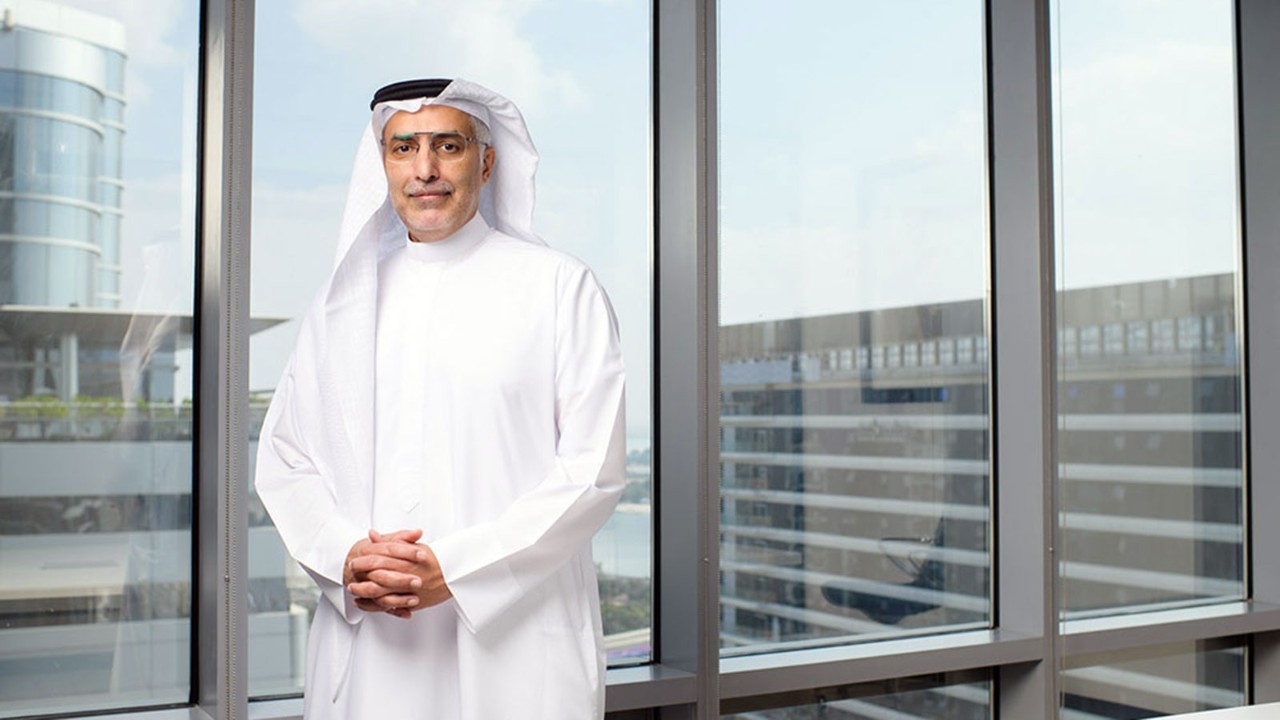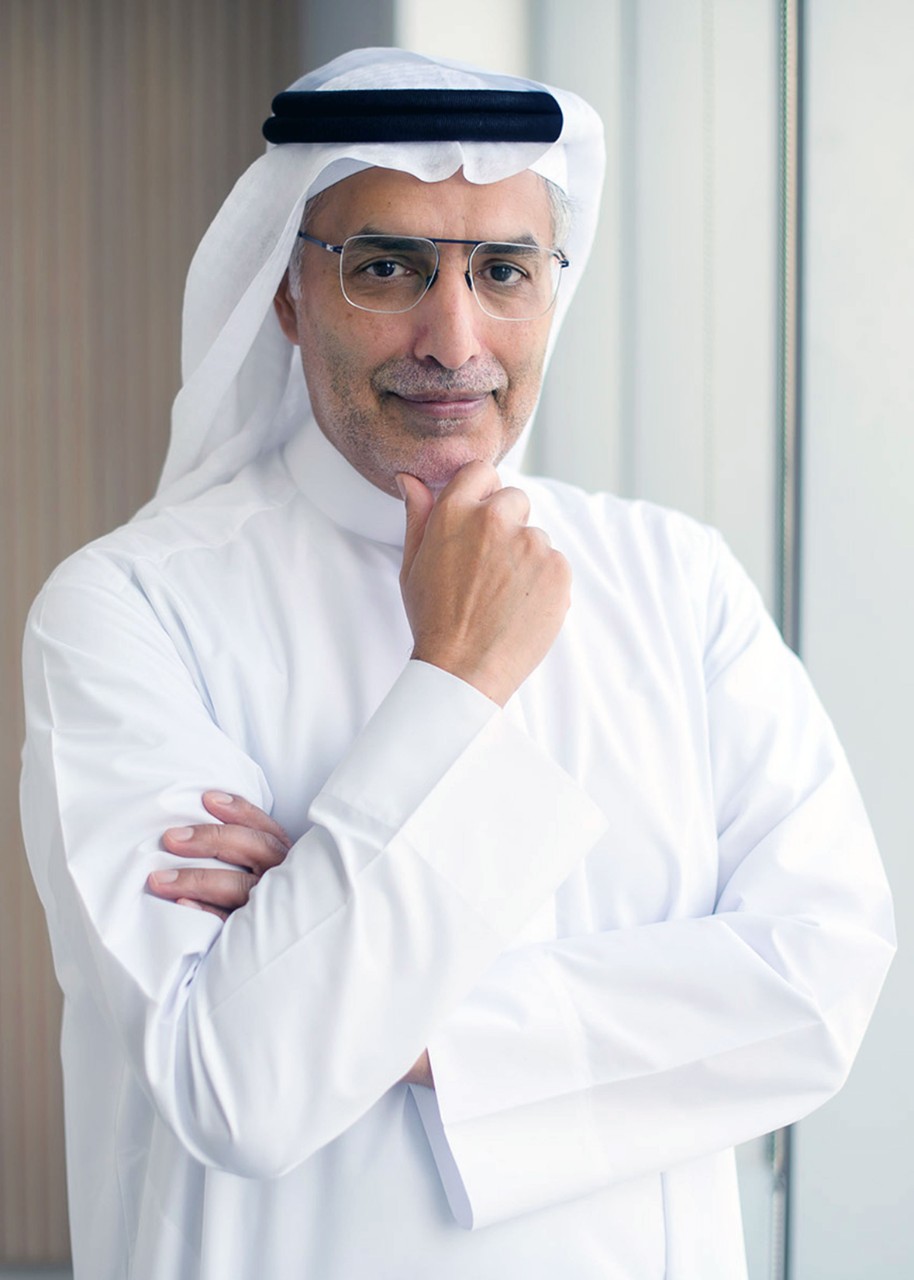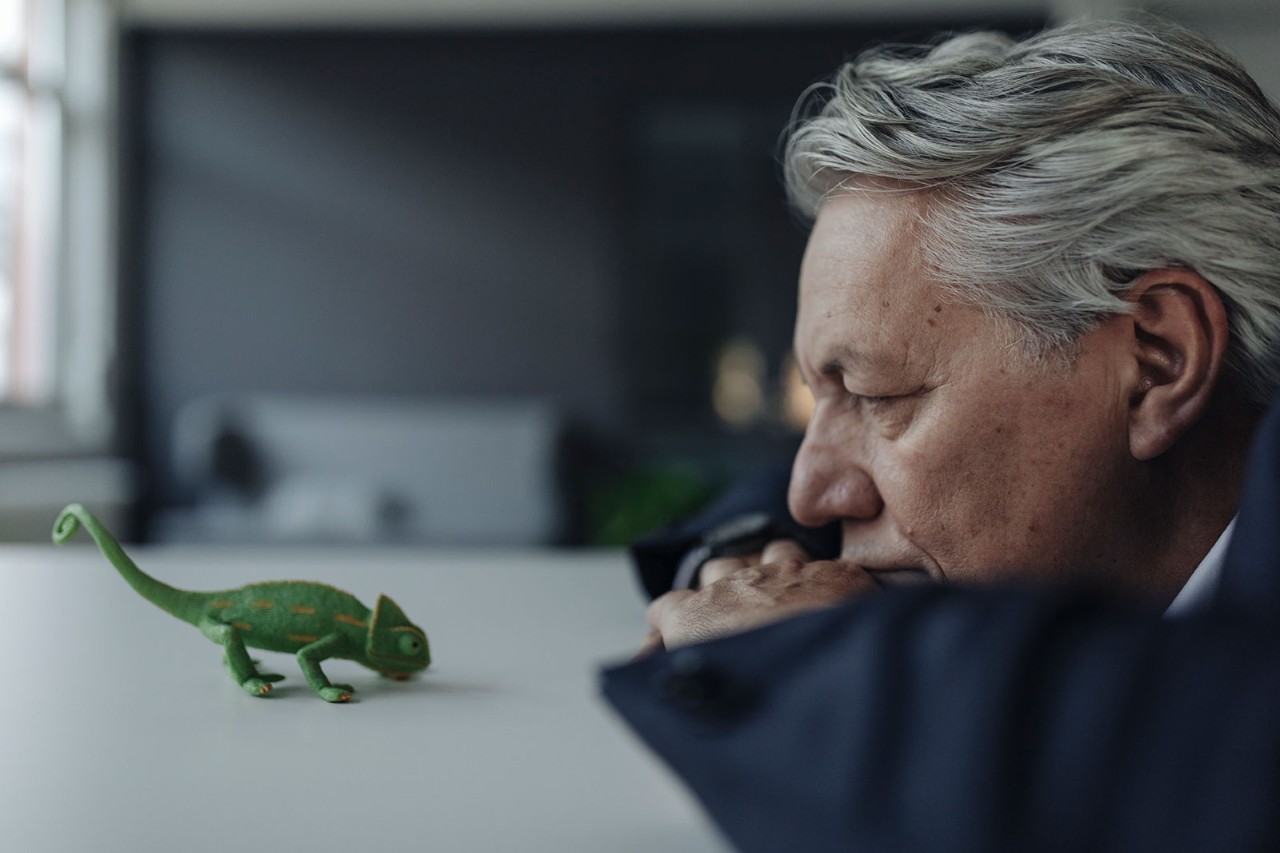
His Excellency Riyad Al Mubarak, the honorary president of the UAE Accountants & Auditors Association (UAE AAA), has good cause to celebrate. In November, it was announced that the association would be joining the International Federation of Accountants (IFAC) as an associate member, a key milestone on the path to full membership.
It is the culmination of two years’ hard work, supported by ACCA, and is an achievement that forms an important part in the UAE AAA’s development plans. Established in 1997, the association is less than 25 years old, but during this time has played an important role in how the accountancy profession in the UAE is viewed, both within the states and further afield.
'Auditors are the last line of defence but they are part of the wider financial reporting ecosystem, which includes accountants and internal auditors'
CV
2019
Honorary president, UAE Accountants & Auditors Association; founded RAI Accounting & Digital Consulting, Abu Dhabi
2016
Member, Executive Council of the Emirate of Abu Dhabi, and chairman, Department of Finance; member, Supreme Petroleum Council and Executive Committee, Abu Dhabi National Oil Company
2007
Chair and auditor general, Abu Dhabi Accountability Authority
2006
Head of investment management, Mubadala Group, Abu Dhabi
2004
Chief audit executive, Dolphin Energy (Mubadala Group), Abu Dhabi
1998
Various roles at Big Four firms, Saudi Arabia and UAE

‘It has taken two years to secure associate membership of IFAC but membership is not an objective in itself; it is part of a much bigger strategic plan to reform the accounting and auditing profession in the UAE, while also looking at the profession at a global level as well,’ Al Mubarak says.
'We want to lead by example and be pioneers in whatever we do. It is a big challenge, and an expectation that we need to fulfil, whether it is in the private sector, public sector or NGOs.’
Achieving relevance
Al Mubarak believes the evolution of the accounting profession must be relevant to the UAE’s economy. ‘We need to be operating at that level, otherwise we will not have an impact,’ he says, adding that accountants, like many other professions, are at a critical point, facing significant disruption from technology.
‘As a profession, we need to quickly catch up, otherwise people will look for other solutions,' he says. 'People are looking for real-time information; in financial reporting, we should be able to issue results within an hour of the year-end and an audit report within 24 hours.’
It is this commitment to relevance that drives Al Mubarak to encourage accountants to fully embrace technology. ‘It is here to help us, not replace us,’ he says. He also argues against the creation of a separate audit profession; like many professionals around the world, he is keenly watching the debate on audit reform in the UK, which has raised the idea of a separate audit profession.
‘This doesn’t address the root cause of the problem. Auditors are the last line of defence but they are part of the wider financial reporting ecosystem, which includes accountants and internal auditors,’ he argues. ‘Any reform needs to look at all of this.’
Healthy outlook
Comparing accountancy with the medical profession – a theme he regularly refers to – Al Mubarak likens the services provided to those within a hospital, which combine to produce a better overall health outcome. Services such as financial management, tax, forensic accounting, internal and external audits taken together will produce a much healthier financial result.
Al Mubarak began his accountancy career in 1998 with Big Four accountancy firms, which he says gave him the opportunity to ‘see what we were lacking. We we need to reach out and explain to our graduates how this profession can be the best in the world.’
Then, after stints at a gas supplier and a sovereign investment company, he was appointed chair of the Abu Dhabi Accountability Authority, where he took on the role of the auditor general and led the development of a new model for government audit.
‘I was very proud to have been given the opportunity to be a public servant,’ Al Mubarak says. ‘I began by questioning the basics of public finance management, including the role of the auditor general. I then designed a very different role, establishing fiscal policies and rules, and a new framework for public finance.’
He also led the effort to implement International Public Sector Accounting Standards and IFRS Standards in Abu Dhabi and gained membership of the International Forum for Independent Audit Regulators.
Power of education
Al Mubarak believes that education is, naturally, the cornerstone of the profession, but its future development is dependent on maintaining a good pipeline of future accountants. This is why, for example, initiatives such as the newly signed partnership between the AAA and the Abu Dhabi School of Government to develop training programmes for government employees are so important. The move is aimed at developing employee expertise in accounting, finance and auditing, and candidates who successfully complete the programme will be able to join the association.
‘I’m very excited about this stage,’ he says. ‘We are a progressive economy, with ideas and plans that can be achieved, but we are also taking advice from the global community, such as the IFAC.’
‘We are a progressive economy, with ideas and plans that can be achieved, but we are also taking advice from the global community’
Preparing the next generation
This capacity building is an important part of the association’s work; it is, as Al Mubarak says, ‘about preparing the next generation’. This is why the association is engaging with early-stage education, schools and universities, to help build the profile of the profession among students. In his spare time, Al Mubarak also lectures in accountancy.
‘There is a big demand for accountants in the UAE, especially since VAT was introduced, but the number of IPOs is also driving demand, and I am hoping that we have enough talent in the pipeline, while ensuring we maintain high quality,’ he says.
Looking ahead, Al Mubarak's main priority as president remains ensuring that, at a local and global level, the profession helps create a framework that ensures its relevance. ‘This is something we must work on collectively. Ours is an international profession – we cannot do this in isolation – and we will work with regulators, associations and practitioners to achieve this,’ he says.
‘ACCA has been very instrumental in this process, and of course acted as sponsor for our membership of IFAC.’
Standards in the UAE
The UAE Commercial Companies Law No 2 of 2015, which came into force on 1 July 2015, requires all companies to apply international accounting standards and practices when preparing their accounts. The previous Companies Law had required compliance with internationally accepted accounting practices, which had been interpreted to mean IFRS Standards. There has never been a local GAAP in the UAE.
IFRS Standards are required by the listing rules of NASDAQ Dubai. IFRS Standards are permitted, and most commonly used, by companies listed on the Dubai Financial Market, though some financial institutions use standards issued by the Accounting and Auditing Organization for Islamic Financial Institutions.
All SMEs are permitted to use the IFRS for SMEs Standard; those that do not must use the full IFRS Standards. A significant portion of the economy is made up of family-owned businesses. While smaller family businesses use the IFRS for SMEs Standard, larger ones have generally not done so.


